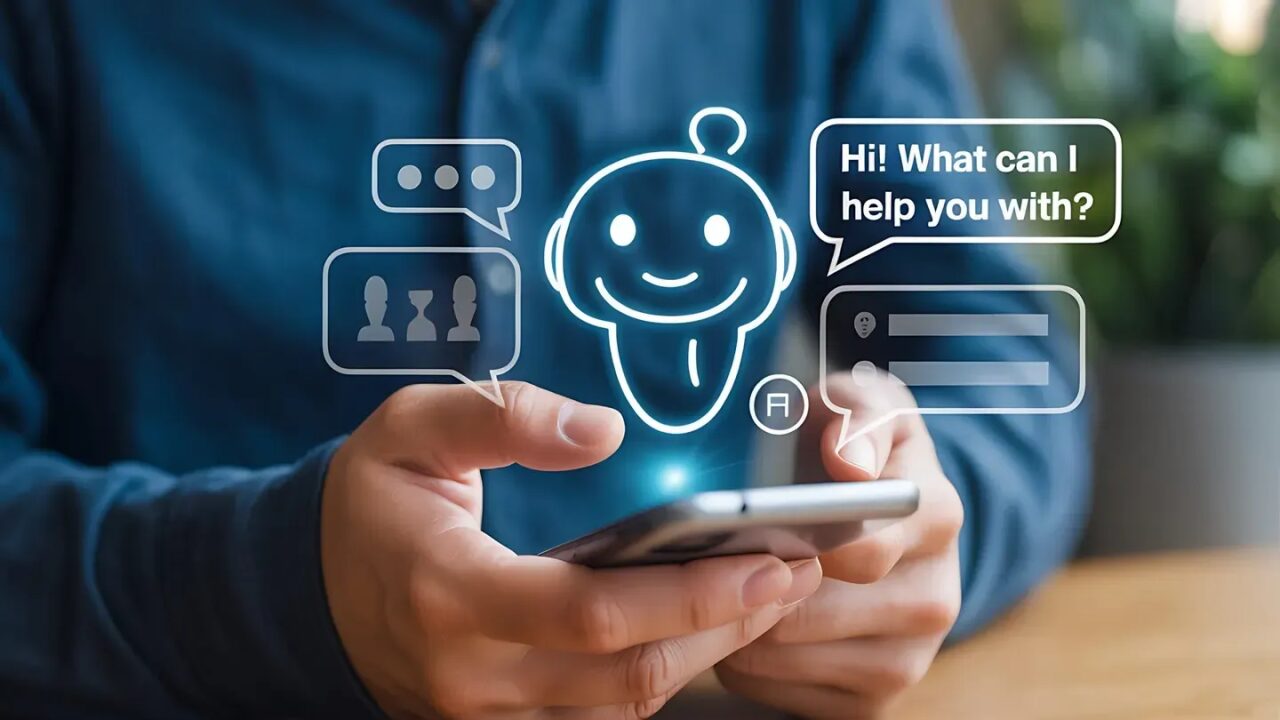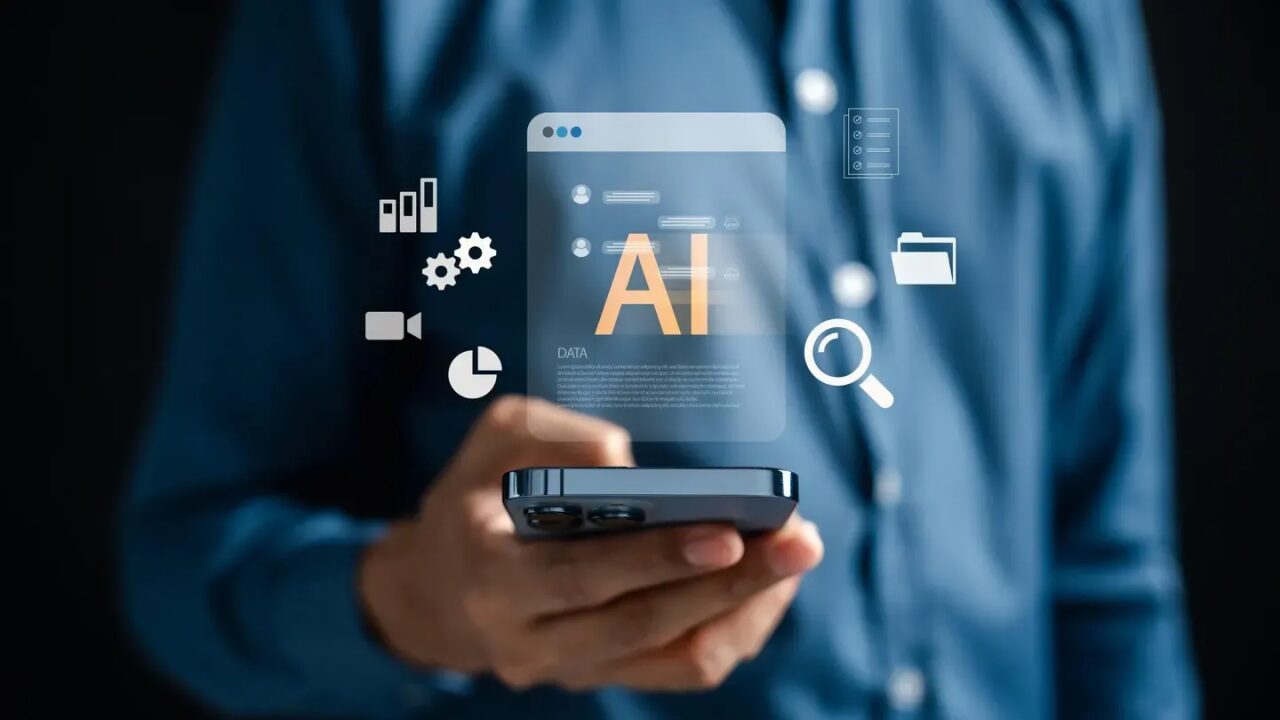Generative AI And The Future Of Jobs
15 January 2024
We’ve often heard it said that generative AI will affect many of the jobs people do today. But they won’t all be affected equally. We are increasingly seeing that certain occupations will be changed more than others. Recent research carried out by Indeed’s economic research team, Hiring Lab, found that some of the most commonly-posted jobs – including nurses, care workers and chefs – are among the 35 percent of roles that will be least affected. However, if your job is something that can be done remotely or involves software development, there’s a much higher chance you’ll use AI to augment your work. Or, in a worst-case scenario, make you redundant.

So, what does this mean for the future of work? On the one hand, those in the 20 percent of jobs that are highly likely to be transformed by generative AI are in a position of privilege. The ability to adopt generative AI into their workflow will make them more efficient, productive and valuable.
On the other, as many of these roles – which include doctors, lawyers, and software engineers – command salaries at the higher end of the scale, this could be seen as leading toward growing inequality in society.
A job description is generally presented as a selection of necessary skills. This was used as a jumping-in point to start analyzing the potential impact of generative AI across workforce roles.
The aim was to answer a question that’s been on everyone’s mind but certainly isn’t unique to this latest wave of technological disruption.
Chris Hyams, CEO of Indeed, tells me, "Frankly, it's a very old question of whether technology will help or hurt jobs. That question goes back a couple of hundred years to when the Luddites first smashed looms in the UK because they thought those jobs were going away.”
It’s easier to assess the impact of generative AI on individual skills than on entire jobs. For certain skills, including driving vehicles, construction skills and veterinary skills, It’s fairly useless. For others, like accounting skills, legal tasks and software development, it’s great.
When broken down like this, however, it seems likely that just about every job will be affected in some way, as nearly all involve skills to some extent that can be enhanced with generative AI.
Educators, researchers, project managers, healthcare professionals, content creators and clerical workers all use these skills, too.
“We think that AI is going to transform almost every job, how they’re done, not necessarily eliminate those jobs, but they will transform,” Hyams says.
New Jobs
As well as changing existing jobs, new jobs are likely to emerge to enable businesses and governments to benefit from the emergence of generative AI – hopefully in a safe and ethical way!
AI scholar and Google Brain co-founder Andrew NG was among the first to offer a balanced evaluation of how this will happen.
He believes that transforming the way we do existing jobs will lead to the creation of many new jobs as well. And we’re already starting to see this happen, with openings appearing for positions like AI prompt engineer or AI auditors.
But it’s widely acknowledged – by Ng and others – that it could also lead to job losses. Again, this will largely affect roles where many of the skills can be augmented or automated. However, it seems likely that a disproportionate impact could be on jobs paying lower salaries. This might include customer service advisors, translators, assistants and back-office clerical staff.
The Evolution Of Skills
Rather than needing to develop new skills (or change profession entirely), I think this shows that skills are evolving.
Remember, when the pocket calculator was invented in the 20th century, many thought that it would lead to a decline in our ability to do basic mathematics. What actually happened was that lots of people – school children in particular – became capable of solving more complicated math problems more quickly.
But as well as enhancing our technical skills, delegating routine elements of work – scheduling, drafting reports – to machines means we have more time to focus on the human aspect of our work.
For lawyers and doctors, this means spending more face time with patients and less time reading charts and reports. Teachers will spend less time grading papers and more time one-on-one with pupils. Real estate agents will use generative AI to create property listings or sales reports while they focus on understanding buyers' unique needs.
It’s also important to point out that employers have a responsibility to help out with this evolution. It's in the interest of their employees, who will benefit from the personal development. But it's also in the interest of their businesses that will grow thanks to the advances in efficiency and innovation driven by the adoption of generative AI.
The Ethical Impact
As with any discussion on the impact of AI, there are ethical considerations that can’t be ignored.
The changing nature of work, the income disparity between roles that can be augmented and those that can’t, and the intrinsic need for human-centric services in many professions all need to be addressed.
Cooks, cleaners, and laborers will have fewer chances to use generative AI to increase their value, while for financial analysts, lawyers, and software engineers, the opportunities are significant.
This has the potential to exacerbate existing inequalities, and this can only be addressed by continued focus on improving opportunities. This means ensuring that the chance to move into positions that can benefit are available regardless of economic, social, class, racial or gender grouping that has traditionally created barriers.
It’s also vital to make sure that aspects of human behavior that are critical to day-to-day well-being are not augmented out of society. A doctor’s ability to alleviate anxiety with their bedside manner is an important part of the healing process, for example. This could be lost if elements of the work that seem routine – like communicating non-urgent updates on how a patient is recovering – are delegated to AI.
What is becoming clear is that the impact of generative AI on jobs is only going to grow, and over the coming year or two, we’ll start to get a better picture of how this will impact our lives and society as we face up to these important challenges.
Right now, from an individual perspective, the most important thing to do is develop an understanding of how our own roles – or the roles we hope we will have in the future – can benefit from this hugely transformative opportunity.
Related Articles
7 Legal Tech Trends That Will Reshape Every Business in 2026
By now, “smart” versions exist of just about every home appliance, gadget and gizmos we can think of. However, manufacturers continue[...]
8 Skills You Need To Manage The New AI Agent Workforce
By now, “smart” versions exist of just about every home appliance, gadget and gizmos we can think of. However, manufacturers continue[...]
Should AI Have Free Speech?
By now, “smart” versions exist of just about every home appliance, gadget and gizmos we can think of. However, manufacturers continue[...]
5 Amazing AI Agent Use Cases That Will Transform Any Business In 2026
By now, “smart” versions exist of just about every home appliance, gadget and gizmos we can think of. However, manufacturers continue[...]
8 Smartphone Trends That Will Shape 2026
By now, “smart” versions exist of just about every home appliance, gadget and gizmos we can think of. However, manufacturers continue[...]
7 Media Trends That Will Redefine Entertainment In 2026
By now, “smart” versions exist of just about every home appliance, gadget and gizmos we can think of. However, manufacturers continue[...]
Sign up to Stay in Touch!
Bernard Marr is a world-renowned futurist, influencer and thought leader in the fields of business and technology, with a passion for using technology for the good of humanity.
He is a best-selling author of over 20 books, writes a regular column for Forbes and advises and coaches many of the world’s best-known organisations.
He has a combined following of 4 million people across his social media channels and newsletters and was ranked by LinkedIn as one of the top 5 business influencers in the world.
Bernard’s latest book is ‘Generative AI in Practice’.










Social Media